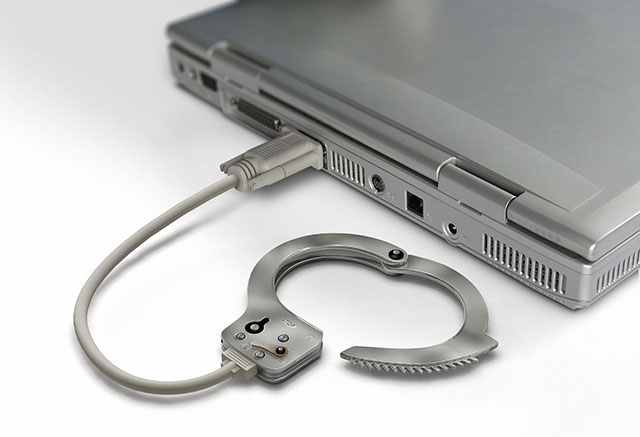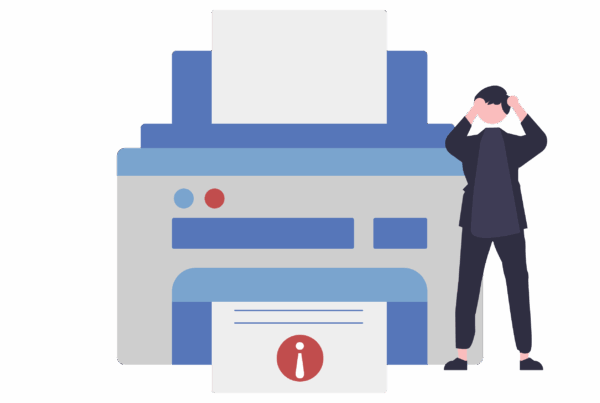
Cyber-crime is often overlooked as people are unsure of how to deal with it. We look at what South Africa is doing to combat cyber-crime.
What South Africa is doing to stop Cyber Crime
In 2014, losses due to cyber-crime in South Africa reached an estimated R 5 billion, making us the most attacked country on the continent. In 2013, we were third on the list of most cyber victims in the world. It is difficult to determine the level we are at with regards to cyber-crime as there is no official legalities to report it.
However, South Africa’s laws are adapting with the emerging threats happening in cyber-space. This was highlighted by the recent addition of the Cybercrime and Cybersecurity Bill.
The bill defines a wide range of cyber-crimes and proposes various penalties for violations. The cyber hub allows for people to report any cyber-crime. All complaints are investigated, and people receive feedback. However, we recommend you report any cyber-crime to the police.
The bill has received criticisms, most importantly, our cyber capacity. Do we have the capabilities to properly implement the bill? Cyber skills are rare internationally, South Africa is facing this challenge as well. In order to develop the correct skills, there needs to be government backing as well as financial resources. Without proper backing, the bill we only be a piece of paper and not have the effect it promises.
Business, especially banks, have been hit the hardest by cyber-crimes. They have launched awareness campaigns and spent large amounts of money on security. As a result, the criminals focus on the end user. They use all types of psychological and social cases to lure the end user into a situation where personal login details are compromised.
The biggest efforts to confront the situation have been focused on phishing. Phishing is a way of deceitfully obtaining personal information such as passwords, ID numbers, credit card details and money. Typically, phishing emails request that the user verifies or updates their contact details or other sensitive information that directs the user to a fake website designed by the criminals. A major danger of phishing is the ease that these websites can be replicated.
This is why it’s of utmost importance to develop a legal platform to fight cyber-crime. We must, however, consider the long road ahead to fully establish a movement towards ending cyber-crime.
Basic Security Tips
- Use a different password for every account. You could also use pass-phrases such as “Where is King Julian?”. This is a good one as it has 3 capital letters, punctuation and is 21 characters long.
- Do not login to your bank or any work related accounts with public computers.
- Lock your PC and mobile devices
- Make sure your devices are operating on their latest system updates, often criminals are searching through software to find loop holes and ways in.
- Signs of phishing:
- Normally create signs of urgency such as stating “immediate response required”
- Say generic things such as “Dear Customer”
- Spelling or grammar mistakes
- Untrue link destinations. For example, you could get a spam mail from your ‘bank’ that says “click here” if you hover over it with your mouse you should see the true destination.
- Has attachments you weren’t expecting
- Uses a friends or colleagues email suspiciously
- If you suspect an email is a phishing attack, delete it immediately.
- Don’t use free Anti-Virus software, paid-for full protect your PC against malware and viruses. At Dial a Nerd we recommend the ESET software.
Need to update or purchase and Anti-Virus or secure your browsing at home, in your business or at your school? Contact Dial a Nerd today.




I have a friend whose Facebook account has been hacked … We suspect that we know who is responsible for this but can’t prove it. The hacker managed to change the inlog details so that he has no way of getting into his account. Is there any way around this to get his account back? It has been reported to Facebook but no response … Is there anyone that can help my friend????
Hi Luzette,
If Facebook is not getting back to you we can try but can’t promise anything. The best thing to do is fill in this contact form and someone will be in touch with you to help you out. https://dialanerd.co.za/contact-us
I need assistance with a hacker . He seems to be really good and can’t be caught. Police have done nothing to help. I need serious assistance
Hi Bernice,
This sounds very serious. You would need to get an IT Security professional to have a look at the machine you think has been hacked.
This number has taken images of me from multiple sources and is now threatening to send these personal images that he stole to my social media and my work..
Is there a way to trace it.?
Hi Conrad, unfortunately, Dial a Nerd cannot help as we would be invading both party’s privacy. The best thing to do is to open a case with the police station or contacting a private investigator to assist.
I have just received an email stating that the person has hacked into my camera and address list. He/they have recorded me masturbating and that if I do not pay 2000 bitcoin into their account, they will release the recording to everyone on my mailing list. I won’t be paying the money and will have to deal with the embarrassment of the alleged recording being circulated to my mailing list. I do still want to report the matter. How do I go about doing so?
Hi Hennie, this is a common phishing attempt. Happy you aren’t paying them. They also do not have this video, they are trying to scare you. We’ve had clients who the email has gone to and they have not paid and no one has received any video. You can report them by right-clicking on the email and selecting send to junk/spam. This will report it automatically to your email provider.
Sorry to hear! We don’t think there is a way, but we aren’t bitcoin experts. We’d suggest getting strong security controls on your PC.